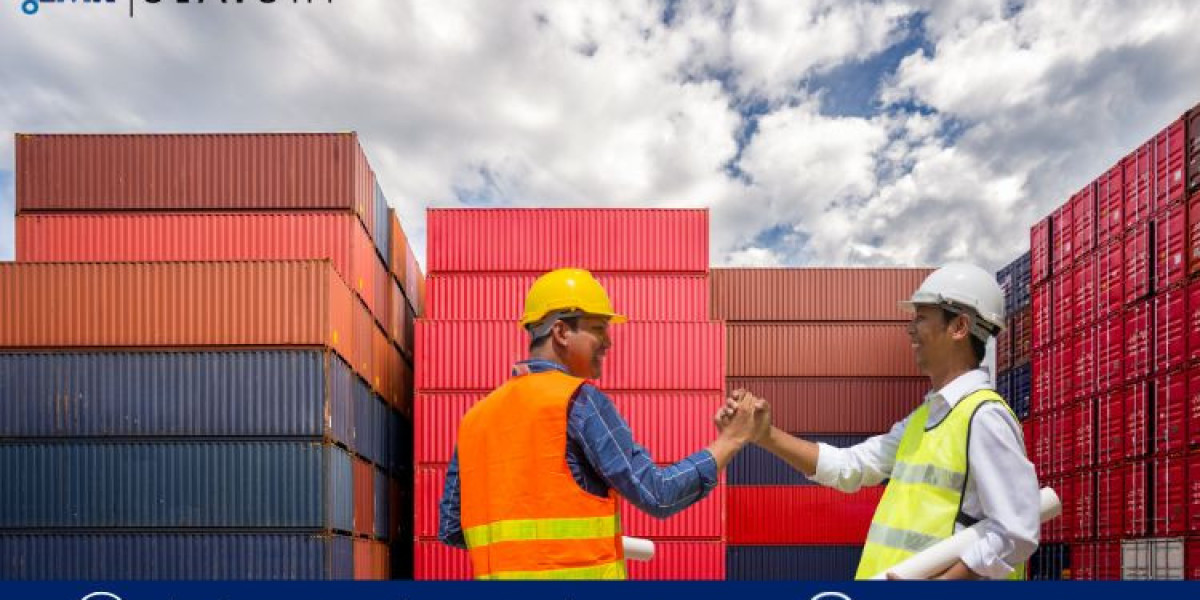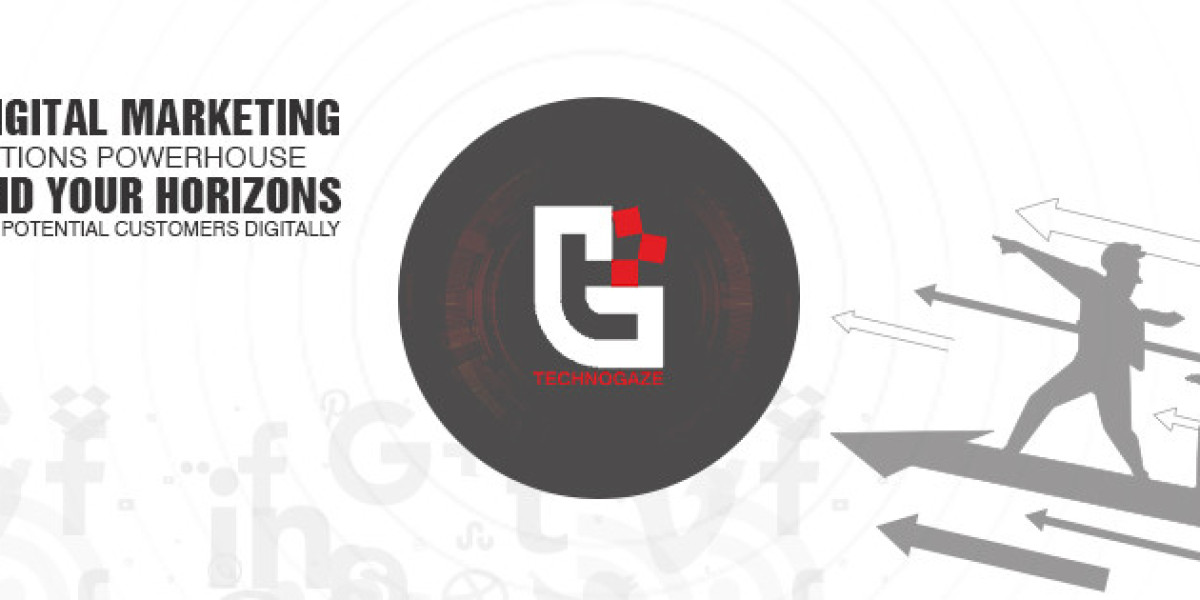The Germany contract logistics market size reached approximately USD 13.14 billion in 2024. The market is projected to grow at a CAGR of 6.80% between 2025 and 2034, reaching a value of around USD 23.29 billion by 2034. This growth is driven by the increasing demand for efficient and scalable supply chain solutions, particularly as e-commerce, manufacturing, and automotive industries demand more sophisticated logistics services. Germany, as Europe’s logistics hub, is positioned to see significant advances in this sector, influenced by a rise in outsourcing, digital transformation, and sustainable logistics solutions. In this blog post, we will delve into the key trends, services, end-use industries, and regional dynamics that are shaping the German contract logistics market’s future.
Market Overview
Market Definition and Scope
Contract logistics refers to the outsourcing of supply chain and logistics management to third-party providers. These services are offered on a contractual basis, allowing companies to manage their logistics functions more effectively, reduce costs, and focus on their core competencies. In Germany, contract logistics services span transportation, warehousing, distribution, packaging, and more. The country's central location in Europe, combined with a robust infrastructure network, positions it as a critical player in the logistics market.
The scope of the Germany contract logistics market includes services tailored to various industries, including automotive, retail, energy, and manufacturing. As businesses in these sectors demand greater efficiency and flexibility, the market continues to evolve with technological advancements and the integration of automation, AI, and sustainable practices.
Key Market Trends and Drivers
The key trends driving the growth of the German contract logistics market include:
Digital Transformation: The increasing adoption of digital technologies, such as IoT, big data, and AI, has revolutionized the logistics sector. Companies are investing in smart warehouses, real-time tracking systems, and predictive analytics to optimize supply chain operations.
E-commerce Boom: With the growing popularity of online shopping, there is a heightened demand for faster delivery services. Logistics providers are evolving their services to accommodate the needs of e-commerce businesses, such as smaller shipment sizes and more frequent deliveries.
Sustainability and Green Logistics: Companies are increasingly focusing on environmentally friendly logistics solutions, such as electric vehicles, energy-efficient warehouses, and sustainable packaging. This shift towards sustainability is expected to gain traction as Germany aligns with broader EU goals to reduce carbon emissions.
Outsourcing Trends: More companies are outsourcing their logistics functions to third-party providers, allowing them to focus on core business areas while benefiting from the expertise and scalability of logistics providers. This trend is particularly prominent in industries like automotive and consumer goods.
Market Segmentation
By Type
Insourced Contract Logistics: Insourcing involves companies managing their logistics functions internally. While some large corporations prefer to keep logistics in-house to maintain control over quality and cost, it often requires significant investments in infrastructure and resources. Insourcing is less common in Germany’s growing contract logistics market but remains an option for large enterprises that require specialized control.
Outsourced Contract Logistics: Outsourcing logistics services to third-party providers has become the dominant model, particularly in sectors such as automotive, retail, and manufacturing. Outsourcing allows businesses to leverage the expertise and technology of established logistics providers while focusing on their core competencies. With the rise of e-commerce and global supply chains, outsourced contract logistics is expected to continue its growth trajectory.
By Service
Transportation: Transportation services are at the heart of contract logistics. Companies rely on logistics providers to manage freight forwarding, cross-border transport, and last-mile delivery. Germany’s central location in Europe makes it a prime hub for transportation services, especially with its advanced road, rail, and port infrastructure.
Warehousing: Warehousing services encompass the storage, handling, and inventory management of goods. With the rise of e-commerce, demand for efficient and automated warehouses has surged. Advanced technologies such as robotics and AI-driven inventory management systems are transforming warehousing operations.
Packaging: Packaging services in contract logistics include the packaging of goods for safe and efficient transport. This service is vital in sectors like consumer goods, electronics, and automotive, where packaging must protect products while ensuring cost-effectiveness.
Distribution: Distribution services encompass the movement of goods from warehouses to customers. Efficient distribution networks are essential for ensuring timely deliveries, especially for industries like e-commerce, where consumers demand fast shipping.
Others: Additional services such as reverse logistics, supply chain consulting, and value-added services are also growing in prominence. These services allow logistics providers to offer more comprehensive solutions tailored to the specific needs of their clients.
By End Use
Automotive and Transportation: Germany’s automotive industry is one of the largest in the world, and its logistics needs are complex, including parts procurement, just-in-time delivery, and global supply chain management. Contract logistics providers play a crucial role in optimizing the automotive supply chain by offering seamless transport and warehousing solutions.
Consumer and Retail: The consumer and retail sectors, driven by the rapid growth of e-commerce, place significant demand on logistics services. Retailers require faster and more flexible supply chains to accommodate consumer preferences for fast deliveries and a wide range of products. Logistics providers support this demand with efficient distribution and warehousing solutions.
Energy: The energy sector relies on logistics services for the transportation of equipment, raw materials, and spare parts. As Germany transitions to renewable energy, logistics companies are expected to provide solutions tailored to the specific needs of this evolving industry.
Manufacturing/Industrial: Manufacturing and industrial businesses require efficient logistics services to ensure the smooth flow of raw materials and finished products across the supply chain. Contract logistics providers in Germany help optimize these processes by offering inventory management, transportation, and warehousing services.
Others: Other sectors that benefit from contract logistics include healthcare, technology, and food and beverage. These industries often require specialized logistics solutions to meet strict regulatory standards or ensure timely delivery of perishable goods.
Regional Analysis
Key Cities/Regions in Germany
Germany’s strategic location in Europe makes it a prime logistics hub, and its major cities are home to some of the most significant logistics centers in the region. Cities such as Hamburg, Frankfurt, Munich, and Berlin are key logistics hubs, offering easy access to European markets and international trade routes.
Hamburg, for instance, is one of the largest ports in Europe, facilitating international trade, while Frankfurt is a central hub for air transport, making it an important gateway for international shipping. These cities benefit from Germany’s advanced infrastructure, including extensive rail networks, highways, and a well-developed port system.
Impact of Germany's Location in Europe
Germany’s central location within Europe is one of the major drivers of its logistics market. The country’s proximity to other major European economies, such as France, Poland, and the Netherlands, makes it an ideal location for cross-border logistics. Additionally, Germany is a key player in European supply chains, benefiting from EU trade agreements and logistics corridors that facilitate smooth cross-border operations.
Competitive Landscape
The Germany contract logistics market is highly competitive, with a mix of global players and regional providers. Key players include logistics giants such as DB Schenker, Kuehne + Nagel, DHL, XPO Logistics, and Geodis. These companies compete by offering a diverse range of services, leveraging technology to improve efficiency, and expanding their presence across key regions.
Innovations such as warehouse automation, real-time tracking, and data analytics are shaping the competitive landscape. Logistics providers are increasingly investing in technology to meet the growing demand for faster, more reliable services.
Market Forecast (2025-2034)
The Germany contract logistics market is expected to grow significantly over the next decade. With a projected CAGR of 6.80%, the market will reach a value of approximately USD 23.29 billion by 2034. This growth will be fueled by continued advancements in automation, digitalization, and sustainability initiatives. Additionally, sectors such as e-commerce, automotive, and manufacturing will continue to drive demand for efficient logistics solutions.









